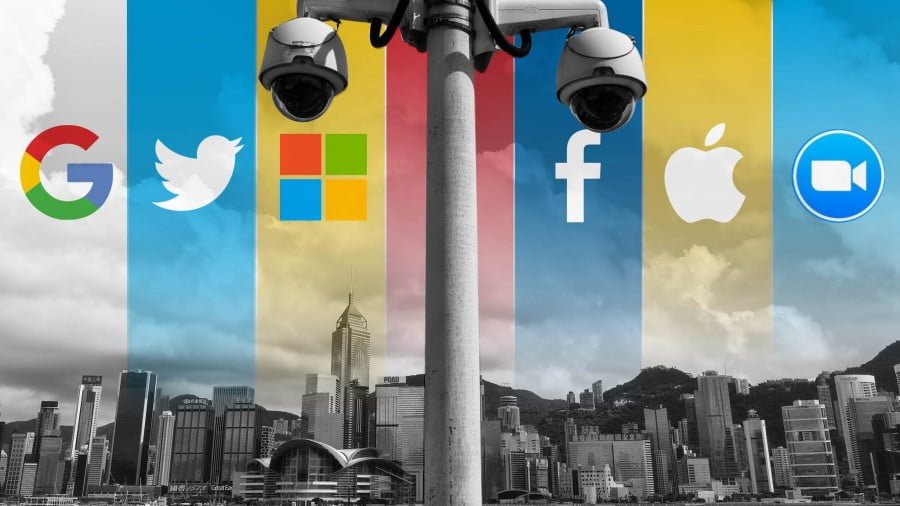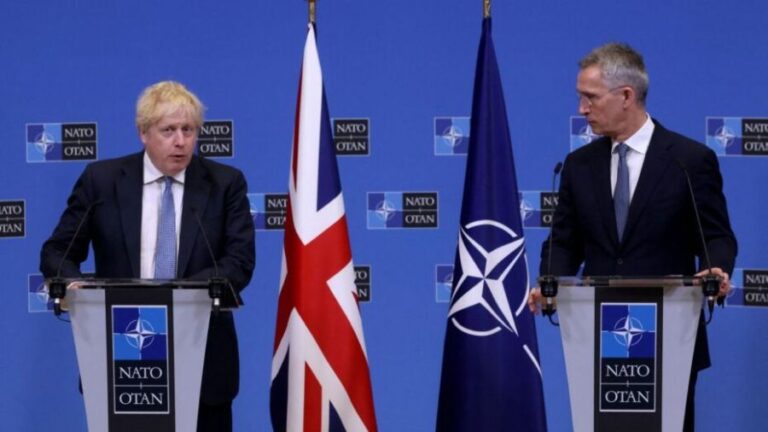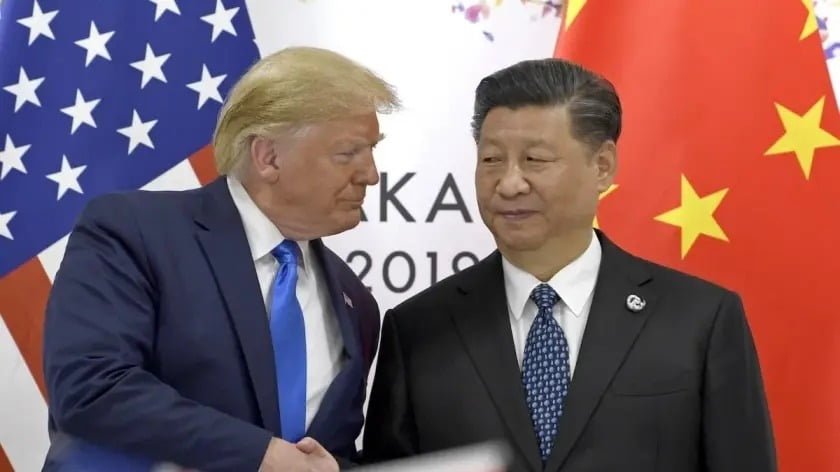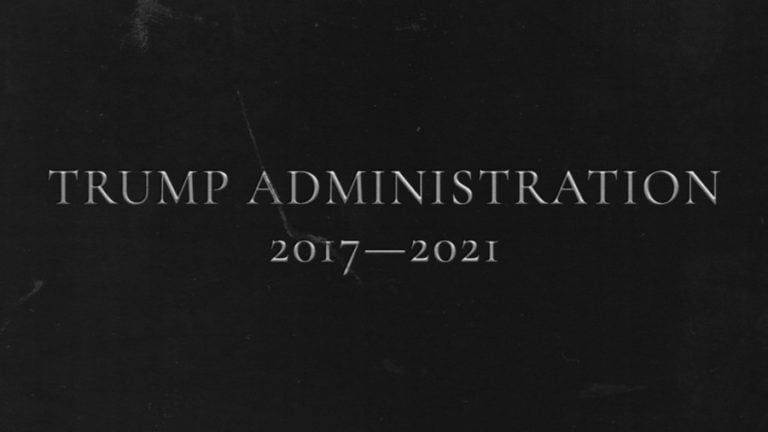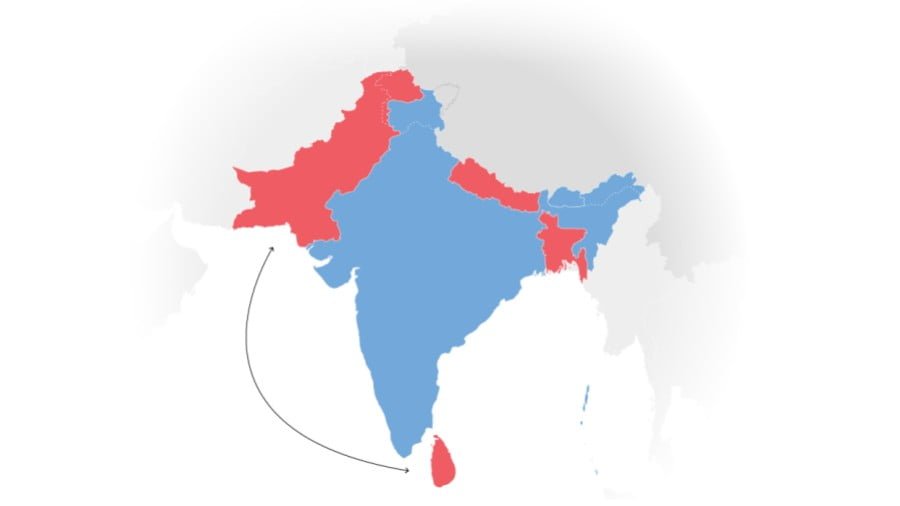Western IT Giants Are Becoming Toxic
On the night of 27 and 28 July, Google blocked the YouTube accounts of a number of Russian media outlets (the Tsargrad TV channel, the Double-Headed Eagle Society, the anti-abortion group “Za Zhizn!”, Geopolitika.ru) and individuals’ email accounts. The motivation for all of them was the same – the violation of export laws. Somewhat earlier, a number of other Russian media outlets (Anna News, News Front, Crimea 24, Federal News Agency) had also faced discrimination.
The situation was commented on by Presidential Press Secretary Dmitry Peskov and Russian Foreign Ministry Spokesperson Maria Zakharova, who both condemned the US company’s actions, but without saying whether measures would be taken to protect the rights and interests of Russian citizens.
While it used to be Facebook and Twitter that went on such rampages, deleting and blocking the accounts of groups, politicians, opinion leaders and media outlets, the baton has now been passed to another IT giant, and this one is even harsher. At the very least, Google is contradicting its own rules, since its Terms of Service state that the company must first warn the account owner if they are in breach of the agreement. It didn’t. What’s more, if blocking the YouTube channels of certain media outlets doesn’t fit with the company’s vision, then what about private email accounts? When asked about the legality of its actions, however, Google responded that the accounts were removed in accordance with the law.
And it is not just Russian citizens and organisations that have suffered at the hands of Western monopolists. In the past, European countries have also been affected by such blanket blocking. For the most part, it was patriotic media outlets and private individuals that were targeted.
We are not simply seeing censorship here, but several far more important issues.
First, since it is not just citizens of Russia but also of countries in the West who are being subjected to filtering and a ban on freedom of expression, we could say that the death of the social contract in the liberal democratic society is upon us. According to this concept, citizens cede some of their rights to the government in return for the safeguarding of their interests. Now, however, governments in the West are powerless to protect the interests of their citizens. Although there is still a semblance of democracy and citizens vote for the representatives of various parties to amend the laws and continue to look after their interests in accordance with the spirit of the times, several major IT companies are now aggressively imposing their products and rules.
It is telling that representatives of liberal ideology, who should seemingly be protecting freedom of expression, responded optimistically to the blocking and deletion of accounts. In particular, French MP Meyer Habib, commenting on the arrest of French writer Alain Soral, stated that “Facebook and YouTube have finally started to clean up a bit, France must follow”.
No wonder Google, Amazon, PayPal, Facebook, Twitter, and a number of other major US companies have been nicknamed the Silicon Mafia, since they are not always accountable to the US government, and they can use their capital to lobby for their interests in Congress and the White House. These companies establish their own rules of the game that are far from democratic norms.
While Google, Facebook and Twitter search for and delete the accounts of “dissidents,” PayPal is famous for being able to block users’ money for no reason. It is virtually impossible to get back, as PayPal’s victims have been writing about on various forums for years now. Amazon is censoring authors from various countries by denying them the opportunity to use its marketplace.
There are probably questions that the regulatory authorities of various countries should be asking Google and other companies with regard to where they store user data and on which servers. From a national security point of view, Google Maps and its web browser should be analysed. It must not be forgotten that the company works in the interests of the Pentagon, developing cloud storage and artificial intelligence projects.
This kind of collaboration shows that, despite Donald Trump’s rhetoric against certain companies due to differing political views (Amazon and Washington Post owner Jeff Bezos has always been critical of Trump, for example), the interests of US government coincide with the aspirations of the Silicon Mafia in most cases. Moreover, there is a clear symbiosis in the relationship.
The US National Cyber Security Alliance works closely with such leading technology firms as Google, Facebook, Dropbox and Microsoft. And part of the funding given to the Silicon Mafia comes directly from US intelligence agencies. For example, Palantir was set up as part of a project by PayPal founder Peter Thiel in 2004, and its first outside investor was the CIA’s venture-capital firm, In-Q-Tel. Palantir’s client list includes the US State Department, the CIA, the FBI, the Army, the Marines, the Air Force, police departments in New York and Los Angeles, and a large number of US financial institutions. It should be noted that Palantir was implicated in a scandal in 2011, when it was accused of “creating electronic dossiers on political opponents of the Chamber through illicit means.”
In 2012, DARPA Director Regina Dugan went to work for Google. According to Dugan, she just couldn’t say “no” to such an “innovative company”. And one of Google’s founders, Eric Schmidt, is a technical advisor to Alphabet and a member of the company’s board of directors. He also serves as chairman of the US Defense Department’s Defense Innovation Board.
Google, Jigsaw and the Hewlett Foundation are providing financial support to the Defending Digital Democracy Project at Harvard University’s Belfer Center, which was launched in July 2017. Naturally, the idea of Russian interference in elections (both past and future) is being promoted in every way possible.
And the manipulation of social media accounts is an attempt to destroy any alternative point of view. This is borne out by a special report released on 4 August 2020 by the US State Department. The title of the report is “Pillars of Russia’s Disinformation and Propaganda Ecosystem”, and it is some 80 pages long. The report mentions the media outlets whose accounts have already been deleted, a number of other publications, and certain websites in the West. Most of the claims made by the report’s authors (their names aren’t given) are unfounded and unsubstantiated.
On 5 August, there was a briefing with the US State Department special envoy on the report, which was referred to as the “first-ever comprehensive analysis of Russia’s disinformation and propaganda ecosystem.” According to the State Department, “Russia typically looks to undermine democratic institutions and democratic norms, and to spread fear and confusion as well as trying to create doubts about democratic norms.”
There is no doubt that such slapdash work was done in aid of the forthcoming presidential election so that the State Department could justify itself to US taxpayers and prove its worth. But if the authors were to try and analyse what is going on in their own country and the number of US websites engaged in the dissemination of conspiracy theories and the incitement of violence and inter-ethnic (inter-religious) hatred, then there would be enough work to keep them busy for many years to come.
It is clear from these examples that the Westpoint Mafia, as the current US political establishment is called, works closely with the Silicon Mafia, which is becoming unaccountable in other countries, too. Their presence is also becoming increasing toxic. If we were to look at the problem from the point of view of the ordinary consumer, then he or she is entrusting their data (personal letters, file storage) to a dubious group of companies. And this data could be used without their consent or simply disappear one day.
While things like these are happening in a country, it is impossible to say that country has full sovereignty. The issue needs to be addressed urgently. Although Google was fined 1.5 million roubles by a Moscow court on 10 August for refusing to filter prohibited content, the move is being regarded as insufficient. In the past, these toxic US IT giants were often handed much larger fines by various European countries. For the sake of justice and the protection of individuals’ rights, it may be that international efforts are exactly what are needed to limit the rising influence of the Silicon Mafia.

